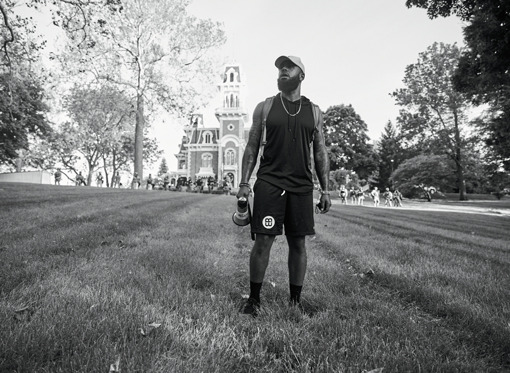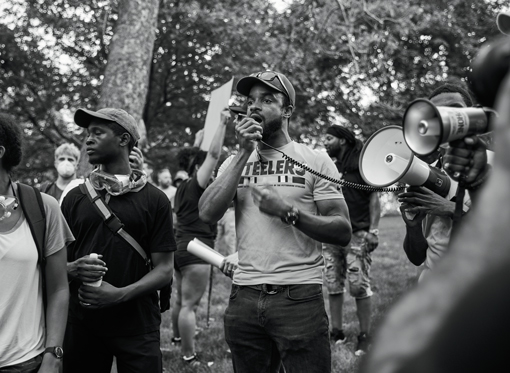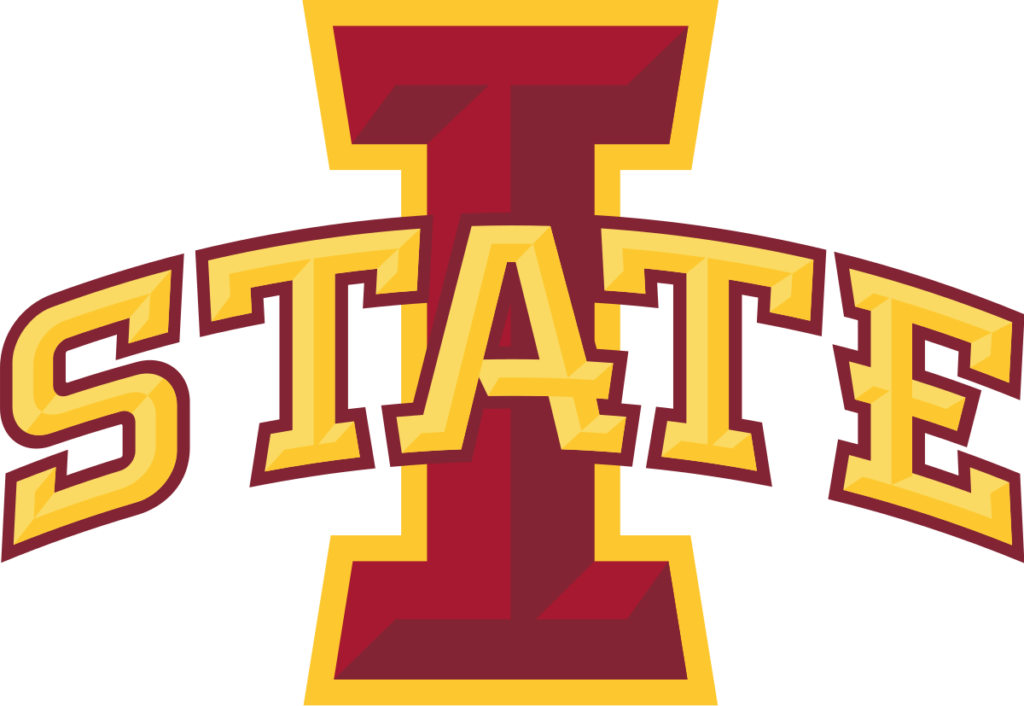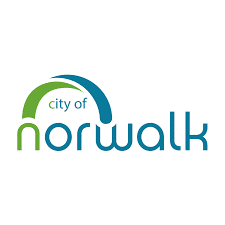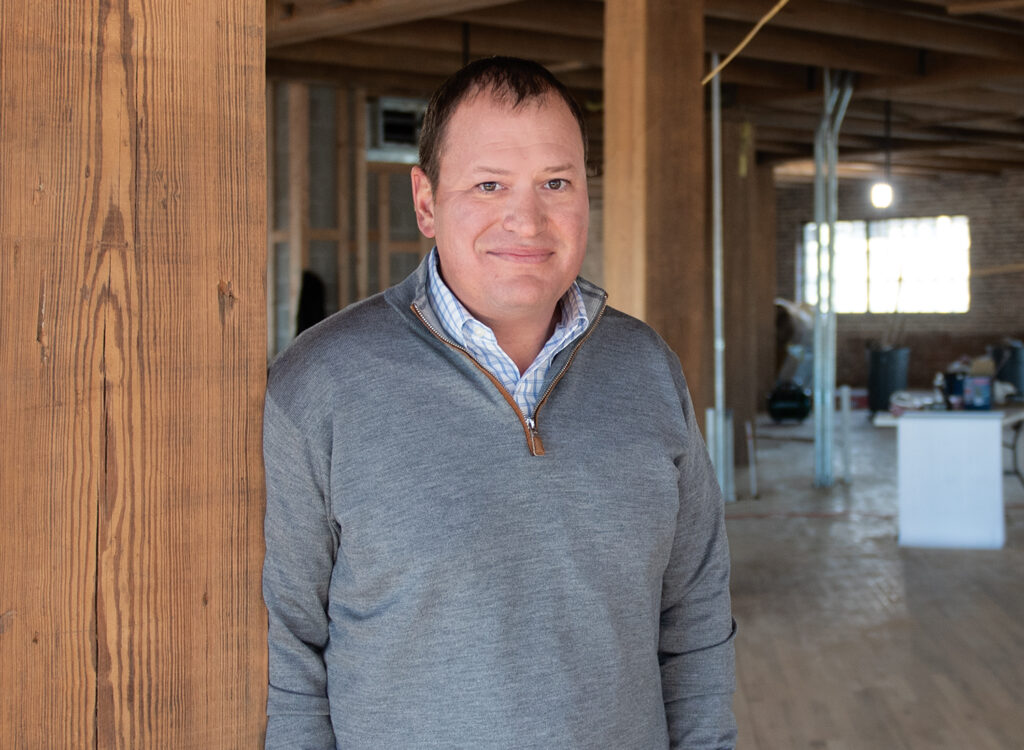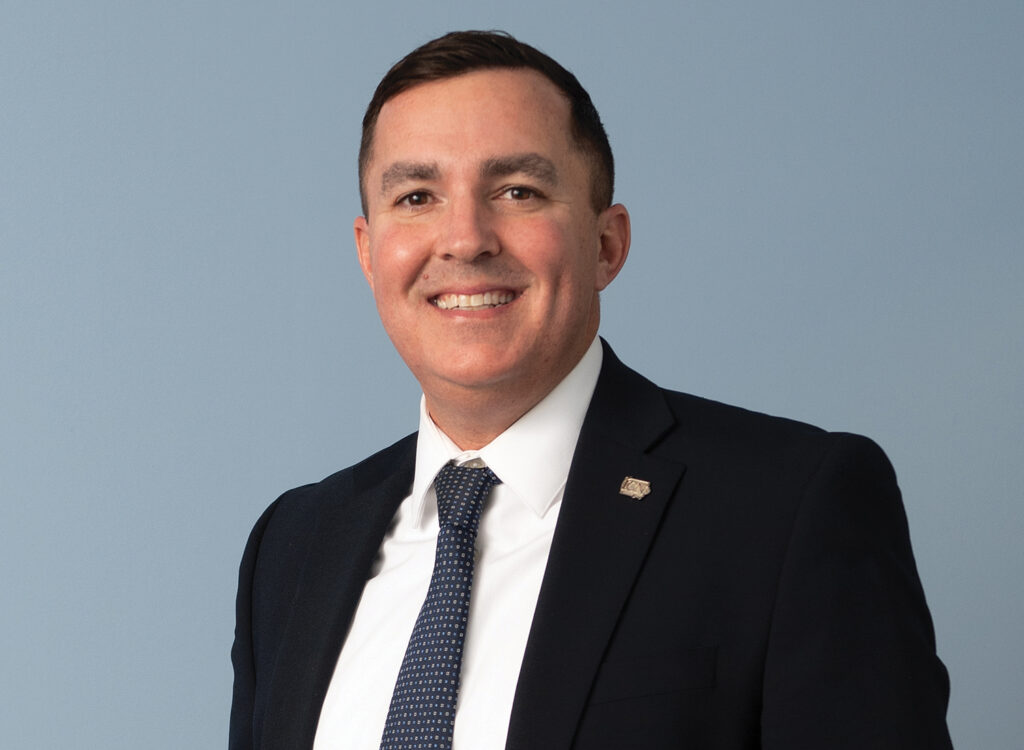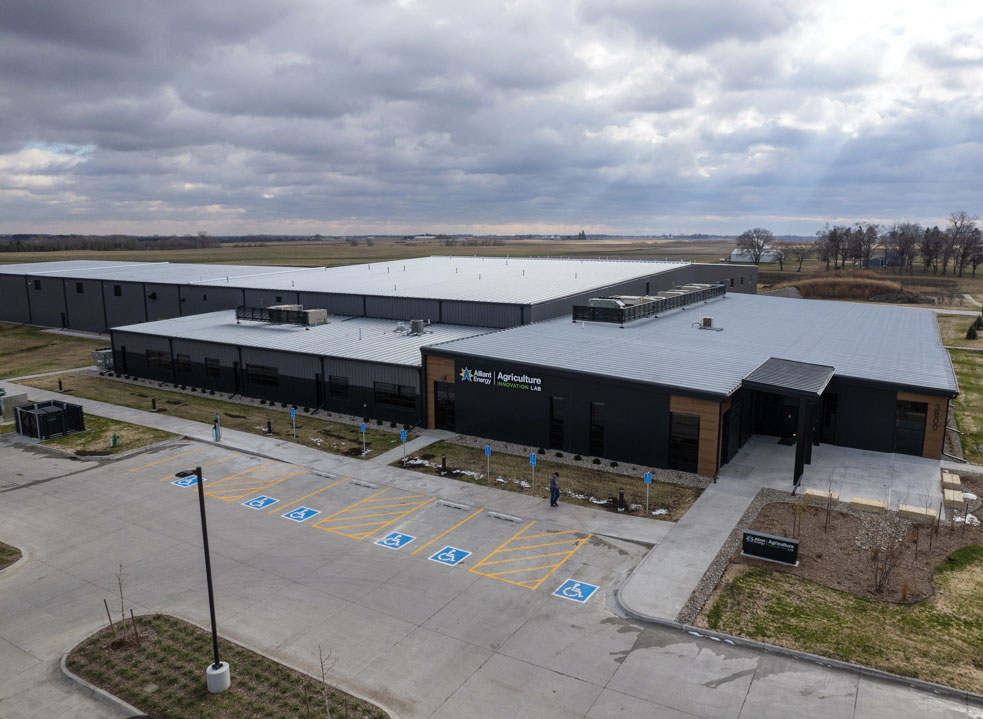Meet two of Des Moines’ community organizers fighting for change

KATE HAYDEN Jun 24, 2020 | 9:01 pm
5 min read time
1,222 wordsArts and Culture, Business Record Insider
It all happened in less than a month.
When the Business Record spoke to Des Moines’ Selma organizer Justyn Lewis on June 16, it had only been 10 days since the event Our Generation’s March On Selma, when an estimated crowd of more than 4,000 showed up in downtown Des Moines and lay on the ground silently, in summer heat, protesting in front of City Hall.
Protests in Des Moines informally launched May 29, with what was meant to be an hourlong rally in front of the Des Moines Police Department building. The rally was organized online by a few friends who wanted to give people a chance to grieve Minneapolis man George Floyd’s death by police in public solidarity. Since that night, the upcoming generation of community organizers in Des Moines have found a broader audience as they push the momentum.
Organizers such as Lewis, who has led implicit bias training workshops for three years, and Billy Weathers, a musician who uses his network of local creatives to try to positively influence students in the public school district, are just two of the many residents who have advocated for racial bias awareness and reconciliation in the metro over the years.
Processing anger and grief, together
When Weathers and friend Michael Turner announced the May 29 rally on Facebook in response to Floyd’s death, they were unsure how many would turn out.
Weathers recalled looking at the response quickly ticking up on social media overnight, thinking, “ ‘This is bigger than we thought.’ … Then that next week was day after day after day of marching in protests.
“It’s given a lot of organizations and individuals a chance to speak their piece and inspire their groups and their networks,” said Weathers, who is also known as B Well. “We got a chance to get our friends who were aware of what’s going on in the world a chance to get out and march, share their stories, a chance to collectively grieve and a chance to figure out how to make changes in the community.”
After the May 29 rally’s conclusion at 7 p.m., some demonstrators stayed in the East Village to continue to protest. Tensions ultimately escalated between police and demonstrators, resulting in police using chemical irritants on the crowd and the destruction of some property downtown.
Lewis attended the rally as an individual and left at its scheduled conclusion, but after seeing mostly young protesters in news coverage of confrontations, he was moved to be involved and meet them over the next few days. He connected with other organizers after media coverage, and is now the public face of a small team for Des Moines’ Selma, which grew out of that June 6 march.
“I was seen on TV telling these kids, ‘Yes, you can be upset. Yes. Be rightfully angry. Yes, you can yell at the cops. You can do these things, but you’re not going to be able to do this forever,’ ” Lewis said. “You’re going to have to have some serious direction to get some policy change, to get laws changed and get laws and ordinances implemented.”
Naming the new organization after the 1965 Selma March in Alabama was a way to invoke the peaceful legacy of Martin Luther King Jr. and the civil rights movement, Lewis said.
“It’s really important that white voices join in on this, because we’re the minority, and nothing’s really going to change if we don’t have the masses supporting it,” Lewis said. “Des Moines’ Selma is something that everyone can support — a march for justice, a march for Black lives, bringing those communities together for one cause.”
Weathers understands the people who took part in property destruction during some early protests, he said, because he can understand where the anger comes from, although he “would never condone rioting.”
“The entire world got to see a man [George Floyd] get murdered behind the police badge,” Weathers said. “There was nothing you could say to justify the behavior. We’ve been trying this peaceful route, we’ve been trying to just talk, infiltrate systems and get on city council boards, and we’ve tried to get into the political system, and none of that shit has worked.”
Weathers continues to peacefully show up at as many events as he can. He is a member of the DeadStock Entertainment creative collective, which has lent its support to the new Des Moines Black Lives Matter organization. Des Moines Black Lives Matter was established after Floyd’s death to continue pushing for social justice locally.
“I think out of the 14 to 16 days it has been going on, we’ve only missed two, because of prior obligations,” Weathers said. “From the march that went south of Grand that BLM organized, to the Laced Up Family who just put on that water balloon fight at Evelyn Davis Park. … This city means the world to us. We just want some change to happen.”
Building forward
In the middle of all the activity, Lewis realized that some of the longest-running advocacy organizations weren’t familiar to the new generation. Des Moines’ Selma will work to be that bridge between longtime activists and the new generation — and much of that means explaining the political process so young advocates can define their demands and assess the effectiveness of proposed policy.
“More than anything, I think if businesses really back this movement, Des Moines will become a shining light amongst the nation. … We all know that Black people tend to migrate from areas that they have been oppressed, and they go to places that are hopeful,” Lewis said. “There’s definitely economic gains to be had from making this a better place for Black people, and building bridges of relationships that we can continue to understand each other.”
The group continues to host protests: Lewis, Weathers and four other community activists including Rep. Ako Abdul-Samad organized Ride With Us, a driving march in solidarity of Juneteenth and policy reform. Des Moines’ Selma also organized a second silent sit-in outside Des Moines City Hall on June 22 to advocate for the 6 Point Ordinance developed by the NAACP, ACLU and Iowa CCI.
In early June, Weathers and two friends launched the online fundraiser Knowledge is Power: Fund DSM Leaders of Tomorrow, with the goal of offering small grants to Des Moines Public School District staff applying to fund student needs, including school supplies, clothing and other needs. The team set a goal to raise $50,000 through GoFundMe.
Des Moines Black Lives Matter continues scheduling daily events through their Facebook page.
“Personal responsibility is what I’ve been pushing. … If you want to see a substantial change, it starts with you, your family, your team and who you can directly affect,” Weathers said. “That’s why we push the education initiative so heavily. You do have to inspire people at a younger age to get involved in their communities.
“I think the biggest thing I have learned is if you’re going to try to make not even a substantial change, but any kind of change in your behavior, your community, your friends or your family, it really has to be who you are. It has to be able to shine, and you have to be able to articulate that thought and those words,” he added.

